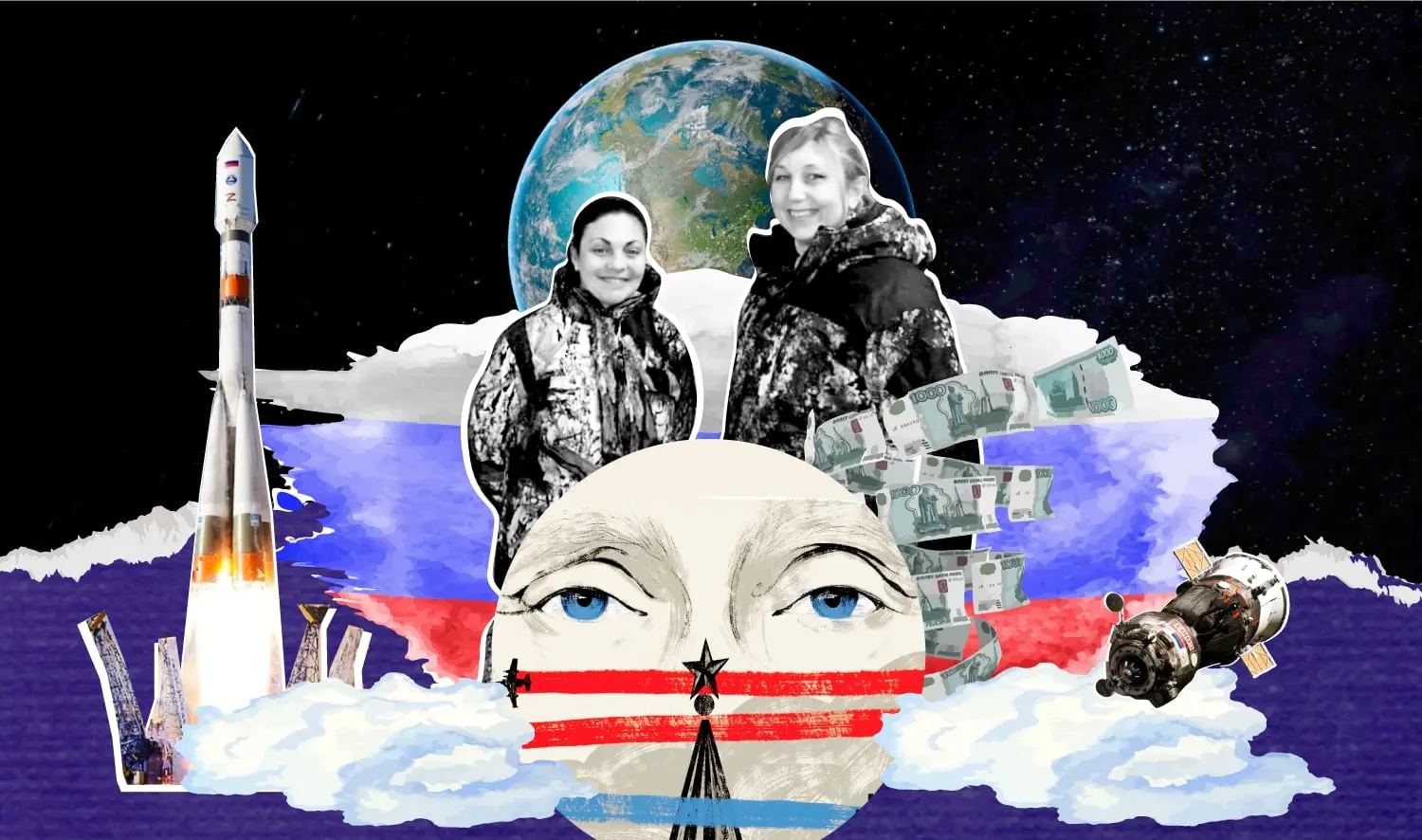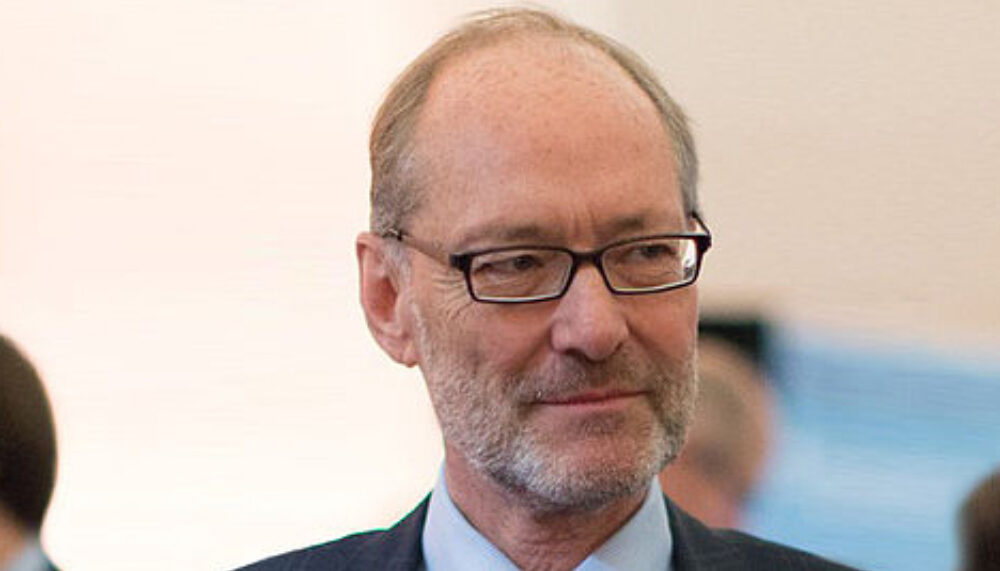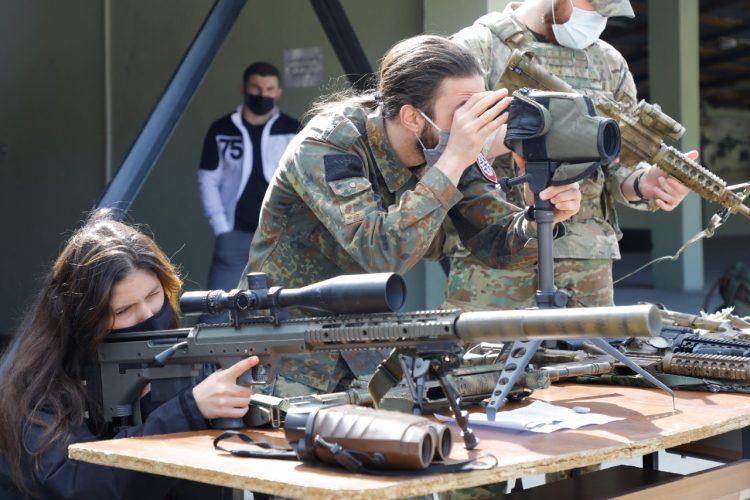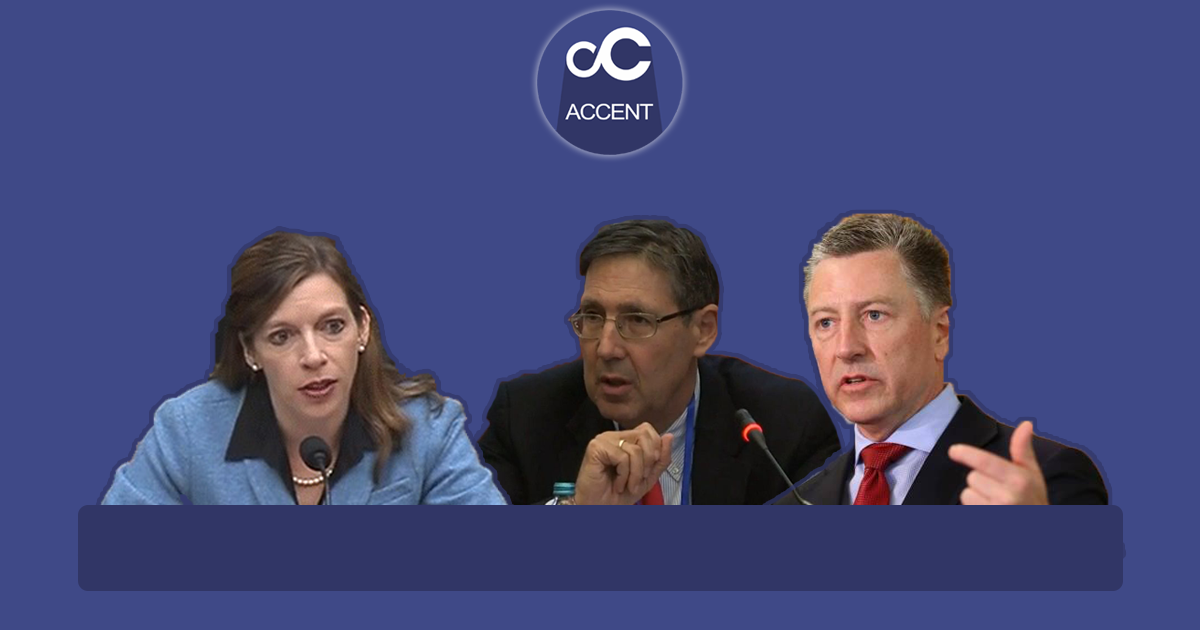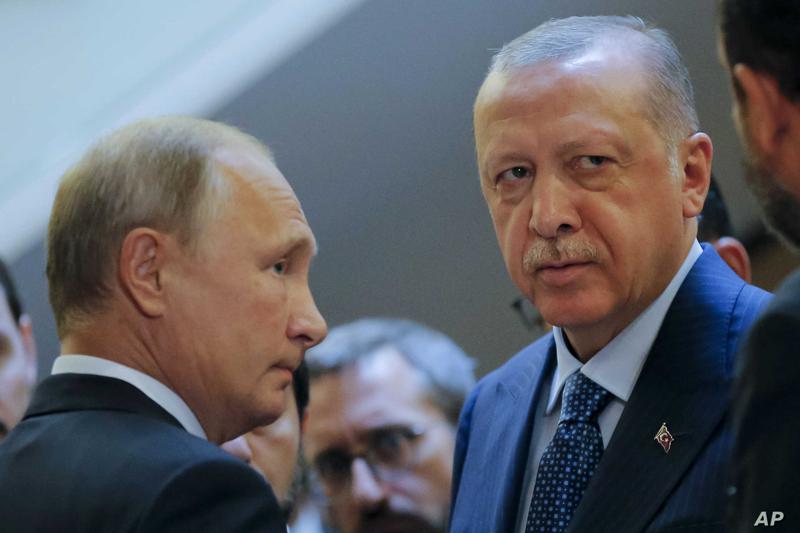
Why we shouldn’t put an equal sign between Turkey and Russia
13/04/2021 10:53:35 Analysis
Although the Rioni Valley Defenders have unequivocally distanced themselves from the xenophobic statements made by some people during the rally and clarified that they have no claims against the company [which is planned to construct the Namakhvani Hydropower Plant] or hydropower plants [according to them, they have claims against the government of Georgia and plan to inform the diplomats], some groups are still trying to stir up anti-Turkish sentiments in the society. Several Russian media outlets were also actively involved in the process with the main message – “the main threat to Georgia today is Turkey.” “Turkey has joined Georgia through the Kars-Akhalkalaki-Baku railway and the Baku-Tbilisi-Ceyhan projects; it is currently pursuing economic, political and cultural expansion of Georgia,” several Russian articles said, where the focus is on the historical past and Georgian cultural monuments; these articles said also that Georgian cultural monuments in Turkey are being deliberately destroyed; in addition, the focus of such articles is on “different religious beliefs” and “the attempt to seize the Adjara region”, but not on the main security challenge of Georgia - the Russian occupation and its consequences: people living in fear along the occupation line; divided families; abducted, tortured Georgian citizens and their unpunished murderers. In addition, these Russian media outlets don’t focus on the fact that the only neighbor with which the state border of Georgia has been established is neighboring Turkey.
Such narratives did not go unnoticed by the Turkish ambassador to Georgia Fatma Ceren Yazgan. As she stated, “when such lies are on the agenda, they come from outside Georgia."
“I can boldly say that these are groups outside Georgia. Why they are doing this? Because the relations between Georgia and Turkey are a framework of stability in the Caucasus region: when you look at the geostrategic landscape, you will see that it comes from Turkey, it comes from Georgia to the Caspian Sea. They [the authors of the disinformation] want to create suspicion. We are in 2021! The Kars agreement will not be terminated, we will not demand the return of Batumi, we will not send troops to Samtskhe-Javakheti - I can tell you this openly. We want people to read and listen to similar news with critical questions. It comes from the outside, but they find useful materials inside. We need resilience against fake news and that is very important. This is not something we will ignore,” Fatma Ceren Yazgan said.
"This is not new: Russia has been trying to establish such narratives in the society for a long time," Zurab Batiashvili, a professor at the University of Georgia told the Accent.
"Russia has organized groups, including in Georgia, which spread disinformation on the some media outlets and social networks, and the main goal is to put an equal sign between Turkey and Russia, which is unbelievable: 20% of Georgia's internationally recognized territory is occupied by Russia and the occupation is still underway. Population was not allowed to return to the homes, it commits all kinds of crimes,” Batiashvili said.
He also recalls the propaganda campaign over the Kars agreement:
"One hundred years have passed, but the contract has not expired. Why? Anyone who looks at the agreement will see that it has no deadline, but Russians and Russian-linked groups are constantly speculating on this issue and similar topics.”
"They tried to stir up similar sentiments in the case of Azerbaijan in the context of Davit Gareji,” he added.
"If one day Georgia becomes a member of NATO, the first country which should help Georgia in case of need, is neighboring Turkey, because we have no other NATO member country in the immediate neighborhood. Therefore, this narrative is also directed against the Western orientation. Today Turkey is our way to the West, it is the # 1 trade partner, and we have joint projects from which our budget receives solid funds; in addition, thousands of our citizens live and work in Turkey. We have a lot in common with Turkey and they want to ruin it. In general, you should want to have good relations with all your neighbors, if it does not have an aggressive policy towards you. Neighbors cannot be chosen, we cannot change the geography, and therefore, we must live in this neighborhood and cooperate with the neighbors. As for strategic projects, they are a source of income for the citizens of Georgia. Sometimes the Russian narrative goes to such absurdity, it is even difficult to make a comment on it,” Batiashvili said.
“Unfortunately, neither the previous nor the current government of Georgia has done much to implement fundamental reforms of our education system. Therefore, we will have similar narratives in the future and, unfortunately, we will have supporters as well,” he added.
As for the narratives about historical past and the attempt to destroy cultural monuments, as Batiashvili notes, no one disputes the ownership of the monuments; moreover, restoration process is currently underway:
"The restoration process of Ishkhani has been completed and the restoration process of Oshki is underway now. This process is being carried out by the Turkish government and Georgian specialists are also involved in it at the level of consultations. The Turkish side recognizes them as Georgian cultural monuments. These monuments are also important for the development of tourism in the region.”
As for the historical past, Batiashvili said:
“Here it is interesting where and with whom you discuss this topic. Naturally, the historian discusses, but in Georgia we remember the rallies with such shouting: "From Nikofsia to Darubandi" and we also remember how far this has led us! We have to be realistic, we have to respect international rules, borders, civilization and we have to be a part of it. It is unfortunate that the government itself often directly or indirectly encourages the groups spreading such narratives.”
The professor does not see any theoretical basis for talking about political expansion:
"If there was a pro-Turkish party, it would be theoretically possible to discuss it, but there is no theoretical basis. But there are many pro-Russian groups in the country who are trying to use patriotic sentiments for political purposes."






